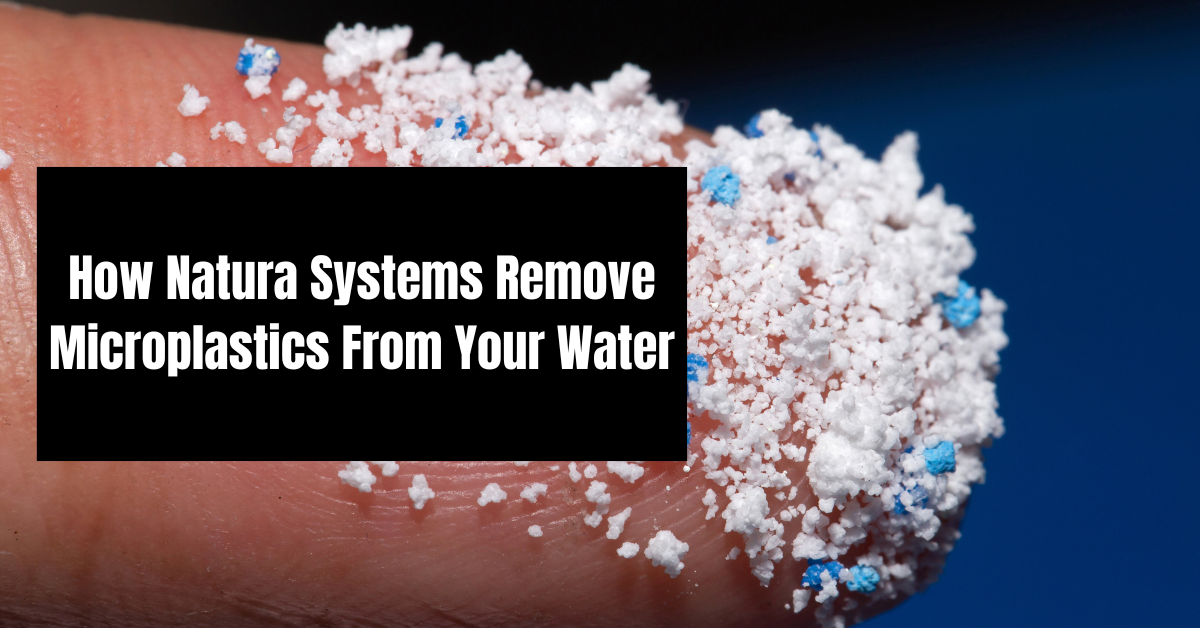November 26, 2024
Hydration is essential for maintaining overall health, and while there’s no direct, simple cause-and-effect relationship between hydration and preventing strokes, staying properly hydrated does play a role in reducing some of the risk factors associated with strokes. Here's how hydration can help: Maintaining Blood Pressure: Dehydration can lead to a reduction in blood volume, which can cause a drop in blood pressure. This, in turn, can increase the risk of clot formation, which could lead to a stroke. Proper hydration helps maintain a healthy blood volume and better circulation, which supports normal blood pressure levels. Preventing Blood Clots: When you are dehydrated, the blood can become more viscous (thicker), which may increase the likelihood of clot formation. Blood clots can block blood flow to the brain, causing an ischemic stroke. Drinking enough fluids keeps the blood from becoming too thick, which may reduce this risk. Preventing Blood Vessel Damage: Chronic dehydration can contribute to the hardening of arteries and impaired vascular function over time. Keeping your body hydrated helps maintain the flexibility of blood vessels, which can reduce the risk of stroke caused by blood vessel damage. Supporting Overall Cardiovascular Health: Dehydration can stress the cardiovascular system, making the heart work harder to pump blood. Over time, this added strain could contribute to heart-related issues and indirectly increase the risk of stroke. Staying hydrated helps the heart function more efficiently. How Hydration Affects Specific Stroke Risks: Dehydration and High Blood Pressure (Hypertension): High blood pressure is a major risk factor for both ischemic and hemorrhagic strokes. Dehydration can exacerbate hypertension by causing the blood vessels to constrict, leading to increased pressure on the walls of the arteries. Conversely, staying hydrated helps prevent excessive spikes in blood pressure. Dehydration and Diabetes: People with diabetes are at increased risk for strokes due to problems with blood vessels and blood circulation. Dehydration can worsen insulin resistance and contribute to other diabetes-related complications, which in turn can increase stroke risk. Hydration helps with better blood sugar regulation, thus lowering some stroke risk factors. Other Key Stroke Risk Factors: While hydration can certainly help in minimizing some of the stroke-related risks, it’s also important to consider other critical lifestyle factors that have a much more significant impact on stroke prevention: Managing blood pressure: Keeping your blood pressure within a healthy range is one of the most effective ways to prevent a stroke. Maintaining a healthy diet: A diet rich in fruits, vegetables, and whole grains can help prevent conditions like high cholesterol, diabetes, and hypertension. Exercising regularly: Regular physical activity helps maintain a healthy weight, lowers blood pressure, and reduces cholesterol. Avoiding smoking and excessive alcohol consumption: Smoking and heavy drinking are strong risk factors for strokes, so avoiding these can significantly lower your risk. Bottom Line: While proper hydration is important for maintaining overall cardiovascular health and can help mitigate some stroke risk factors (like high blood pressure and blood clot formation), it should be viewed as just one component of a broader strategy for stroke prevention. A healthy lifestyle—including regular exercise, a balanced diet, managing stress, avoiding smoking, and controlling chronic conditions like hypertension and diabetes—plays a far more significant role in stroke prevention. If you're concerned about your stroke risk or have a history of dehydration-related health problems, it’s always a good idea to speak with a healthcare provider for personalized advice. Want to learn how a Natura system can help in your at home hydration? Click here here to schedule a meeting!






